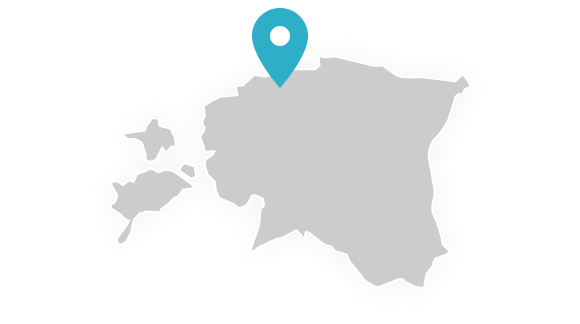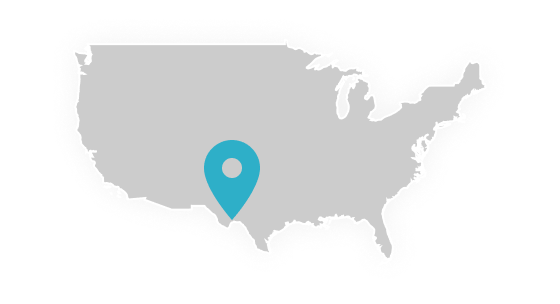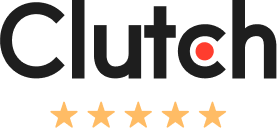The healthcare sector has witnessed a significant transformation with the adoption of Software as a Service (SaaS). This paradigm shift has propelled healthcare from being a mystery to a mainstream digital domain. In this article, we’ll explore the benefits of SaaS in healthcare and delve into the challenges faced when adopting SaaS platforms in the healthcare industry.
BENEFITS OF SAAS IN HEALTHCARE:
- Effortless Performance and Accessibility
Unlike traditional software, SaaS eliminates the need for users to install and maintain software on their devices. Healthcare professionals, such as doctors and nurses, can effortlessly access SaaS applications via web browsers or mobile apps. This accessibility ensures that critical healthcare tools are available anytime, anywhere.
- Cost-Effective Pricing Model
The healthcare sector often grapples with high expenses due to stringent requirements and government regulations. SaaS applications offer cost-effective solutions that even smaller clinics and healthcare organizations can afford. This cost efficiency empowers healthcare providers to focus on patient care instead of worrying about maintenance and IT costs.
- Real-Time Data Tracking, Backup, and Management
Data loss is a significant concern in healthcare. SaaS applications offer real-time data updates, ensuring seamless communication and reducing the risk of data loss. Moreover, these applications automatically back up data, providing long-term data security.

- Security and Scalability
Security is paramount in healthcare, and SaaS applications rise to the occasion with advanced security features, including encryption. These applications also offer scalability, allowing healthcare institutions to customize features to meet their specific needs.
- Effective Collaboration and Teamwork
Healthcare relies heavily on collaboration among professionals. SaaS platforms facilitate collaboration by providing detailed patient information and enhancing communication among healthcare providers.
- Improved Customer Service
SaaS solutions enable healthcare settings where patients receive timely and quality care, improving overall patient satisfaction.
- Compliance with Health-Related Laws
Healthcare is subject to various laws and regulations, such as HIPAA, PIPEDA, and PHIPA. SaaS applications in healthcare take data security seriously, ensuring compliance with these laws and protecting institutions from potential breaches and penalties.
- Easy Deployment Without Special Hardware
SaaS applications can be deployed without the need for special hardware or extensive IT equipment, making the implementation process straightforward.
THE HEALTHCARE SAAS APPLICATION DEVELOPMENT PROCESS:
Developing a healthcare SaaS application is a meticulous process, considering the industry’s stringent requirements and the critical nature of healthcare data.
Step 1: Planning and Idea Discovery
Thorough research is essential, including on-site observations and interviews with healthcare professionals to understand their needs. Planning involves creating essential documents, such as a risk assessment plan, software requirements specification (SRS), feature list, and cost estimate.
Step 2: Requirement Check
Ensure that the application complies with healthcare regulations and is user-friendly. Establish a pricing strategy based on competitive analysis.
Step 3: UI/UX Design
Design a user-friendly interface optimized for both mobile and desktop use. Ensure third-party integrations are possible.

Step 4: Frontend and Backend Development and Testing
Develop the application in short cycles (sprints) to address issues efficiently. Choose appropriate technology stacks for frontend and backend development.
Step 5: SaaS Product Launch and Maintenance
Complete development, provide final builds, conduct acceptance testing, and plan for future feature enhancements.
CONCLUSION
The advantages of SaaS in healthcare are compelling, and Insoftex stands as your trusted ally in realizing these benefits. By partnering with Insoftex, you’re not just building a healthcare SaaS application; you’re forging a path toward a more efficient, secure, and patient-centric future for healthcare. Together, we can create a healthcare ecosystem where technology empowers professionals and enhances patient care.







